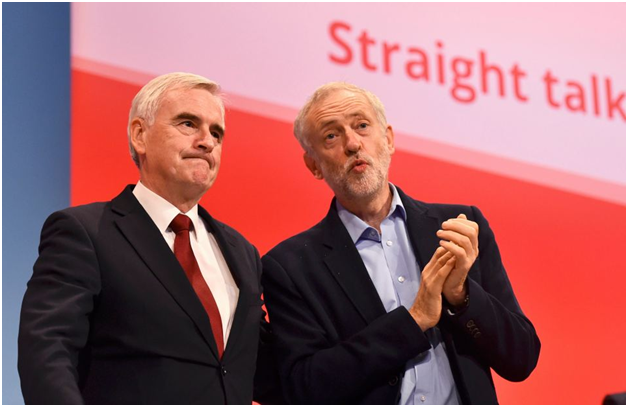
NEW DELHI: This is turning out to be a horrid week for Great Britain. After the Brexit verdict, there has been much publicized angst in the populace as the blame-game begun. To make matters worse, there was a “Brexit 2.0” last night, as a much fancied England football team lost to minnows Iceland in the European Championships Round of 16 fixture. All of this comes on the back of a press conference yesterday where the leaders of Germany, France and Italy ruled out any form of informal negotiations with Britain till it triggers the formal proceedings.
While Angela Merkel, the German Chancellor, called the outcome a “very painful and regrettable decision,” she was firm as she added, “We are in agreement that Article 50 of the European treaties is very clear - a member state that wishes to leave the European Union has to notify the European Council. There can't be any further steps until that has happened. Only then will the European Council issue guidelines under which an exit will be negotiated. That means that, and we agree on this point, there will be neither informal nor formal talks on a British exit until the European Council has received the [UK's] request for an exit from the European Union.”
Britain has been trying to have the best of both worlds as despite the referendum verdict, the leadership wants to delay triggering Article 50, as it is irreversible and mandates a maximum time of two years for an exit strategy to be prepared and implemented. British Prime Minister David Cameron after laying out a three-month timetable for exit negotiations, highlighted why he wishes for a delay, “[Article 50] starts a process that within two years has to result in an exit and it might be an unmanaged exit if it started too soon” while calling it a “sovereign decision” for Britain to make in a speech to the parliament on Monday. He has also stated that he will not be the leader when the process kicks in and the next Prime Minister should take the responsibility. This has not gone down well with European leaders who are committed to deny Britain any leeway and are repeatedly calling for immediacy in the talks.
French President Francois Hollande, who faces election next year and is battling similar right-wing rhetoric at home in the form of Marine le Pen’s National Front party has been invariably firm in his message. “Our responsibility is not to lose time in dealing with the question of the UK's exit and the new questions for the 27 [member states], he said at the press conference. “There’s nothing worse than uncertainty that generates political and financial behavior that can be irrational.”
David Cameron is set to attend a European Council summit in Brussels today as he faces other European leaders for the first time since the referendum’s result. The European Parliament is holding an emergency session to debate the British exit. Cameron is also set to meet Donald Tusk, President of the European Council in an attempt at addressing the concerns being expressed across Europe.
Back home in Britain, the political order continues to be in disarray. Labour Party leader Jeremy Corbyn has a mini-rebellion at hand as 19 members of his shadow cabinet have resigned while also calling for his resignation, something he has refused. The members are now looking at introducing a non-binding vote of no confidence against him. Meanwhile, Scottish First Minister Nicola Sturgeon continues to assert that the referendum presents a clear division in the interests of the “Scottish” and “English” citizens.
She is set to address the Scottish parliament regarding coming up with legislation that would call for a second Scottish referendum on independence, a move that is surely going to cause further alarm. Finally, the race for the next Prime Minister is also going to be open from today with Boris Johnson, the former mayor of London and long-time adversary of David Cameron looking like the favorite alongside Theresa May, who is the Home Secretary and backed the remain campaign. This is after George Osborne, the Chancellor of the Exchequer, ruled himself out of the race saying, “I believed in this cause and fought hard for it. So it is clear that while I completely accept the result, I am not the person to provide the unity my party needs at this time.”
It is fair to imagine then that we are in for a few more political upheavals as the major political parties look to restructure themselves. The European Union meanwhile attempts to balance exit negotiations with Britain alongside projecting a degree of stability to other member states grappling with similar exit movements in their respective countries.

